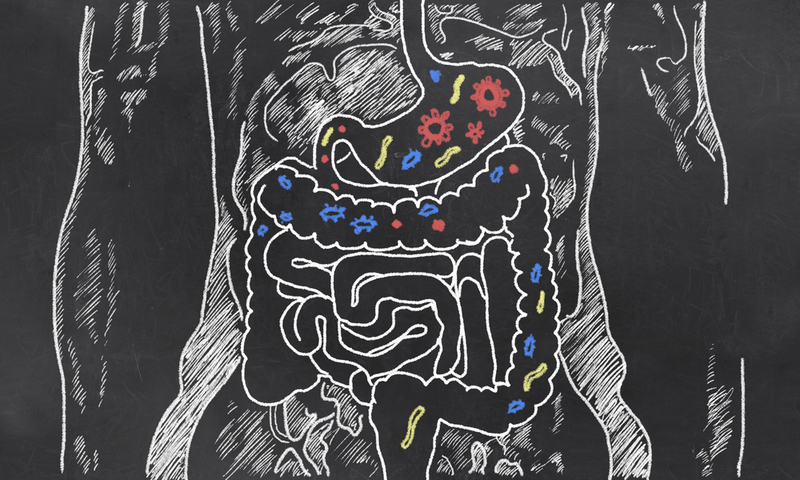Can good bacteria keep gut healthy?
ANI Jul 05, 2018
A recent research has revealed how good bacteria can help the gut stay healthy by interacting with both the epithelial cells lining the gut and cells of the immune system to help balance the immune responses and protect the gut from unwanted inflammation.

The study suggests that manipulating the microbiota to limit intestinal immune responses could have potential therapeutic benefits for conditions such as inflammatory bowel disease. "A significant body of work currently indicates that the microbiota shapes the immune system and helps it to do its job," said corresponding author Dr. Gretchen Diehl.
"Disease-causing microbes, such as Salmonella, evoke a strong inflammatory immune response that is directed at eliminating the microbe. But an inflammatory immune response, especially in the intestine, can be damaging to the healthy tissue. Here we defined a role for the microbiota in modulating the immune response in a way that reduces inflammation and limits the damage it can do to the gut."
For an effective immune response, immune cells called antigen-presenting cells direct other immune cells, called T cells, to mount an appropriate inflammatory response to fight microbial invaders. They also direct anti-inflammatory cells, also known as regulatory T cells, to limit inflammatory immune responses against things like the food we eat and to turn off inflammatory immune responses.
The microbiota helps 'tune down' the inflammatory response by instructing the antigen-presenting cells to secrete the cytokine IL-10, an important anti-inflammatory molecule. IL-10 dampens inflammatory T cell responses and promotes regulatory T cell responses that keep the balance. "The result is a balanced response that still can fight off an infection like Salmonella, but that is regulated to prevent damage to the healthy intestinal tissue," Diehl said. "We wanted to know how the microbiota could induce these kinds of responses."
"We found that when we gave the laboratory animals antibiotics, the antigen-presenting cells did not make IL-10. When we put back bacteria in the animals' guts, only bacteria that could attach to the intestinal epithelium triggered IL-10 production by antigen-presenting cells and reduced the inflammatory response," Diehl said.
"It's somewhat counterintuitive because microbes that can attach to the intestinal epithelium are thought of as pathogens that can potentially cause disease. But in this case we found that the attachment of bacteria to the epithelium was not causing disease; on the contrary, it was necessary to promote a balanced regulation of the T cell responses and helped protect the gut."
"A take-home message for us is that a healthy microbiota is necessary to allow for a balanced response to not only protect us from infection, but also to limit potential tissue damage as the immune system attempts to eliminate pathogens," Diehl said. The findings have been published in the journal Immunity. (ANI)
-
Exclusive Write-ups & Webinars by KOLs
-
Daily Quiz by specialty
-
Paid Market Research Surveys
-
Case discussions, News & Journals' summaries